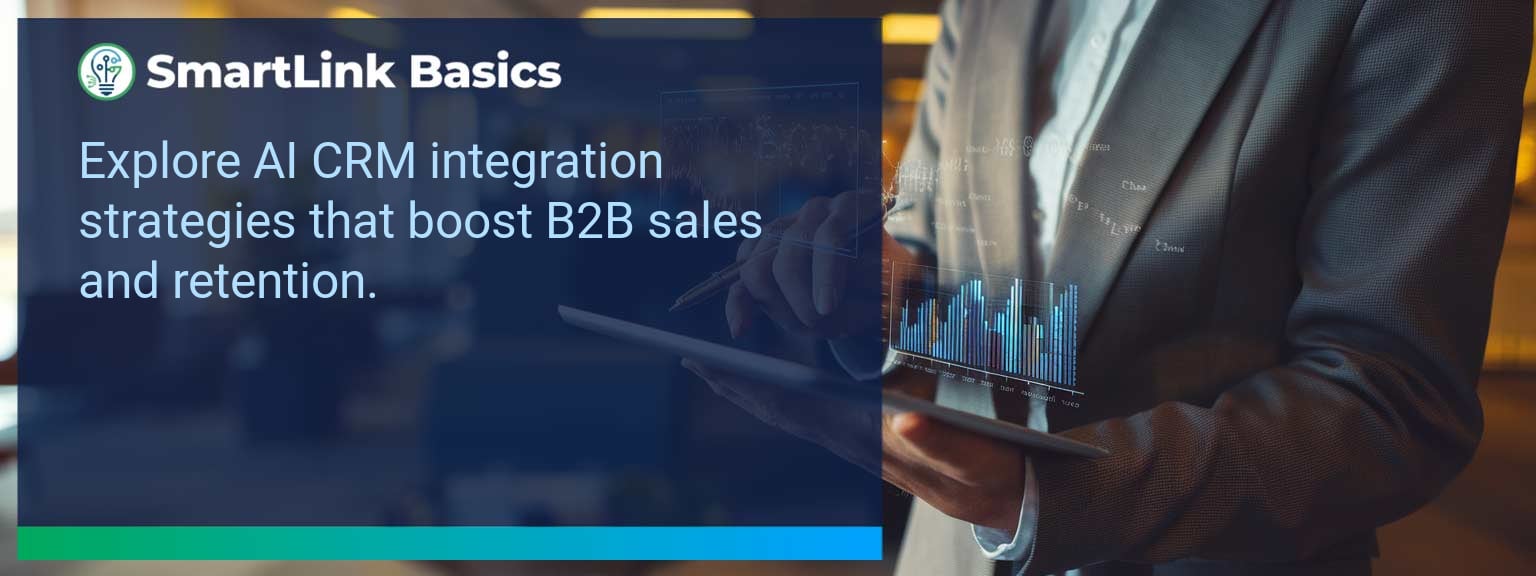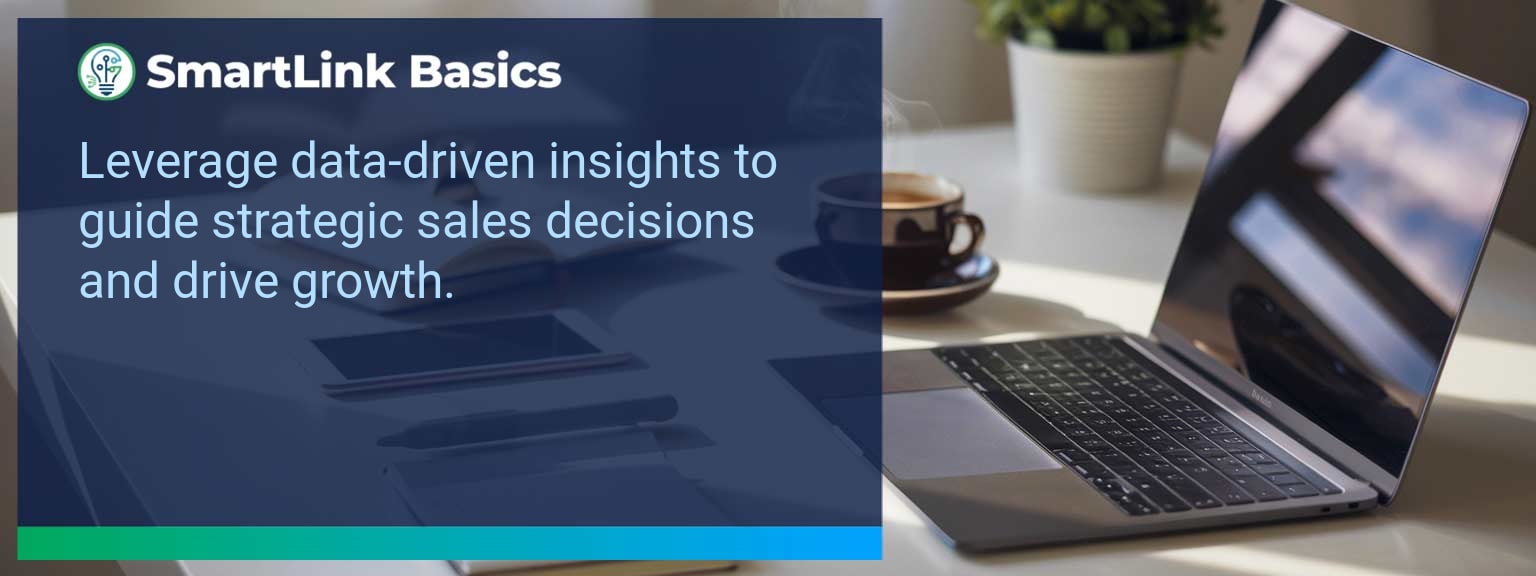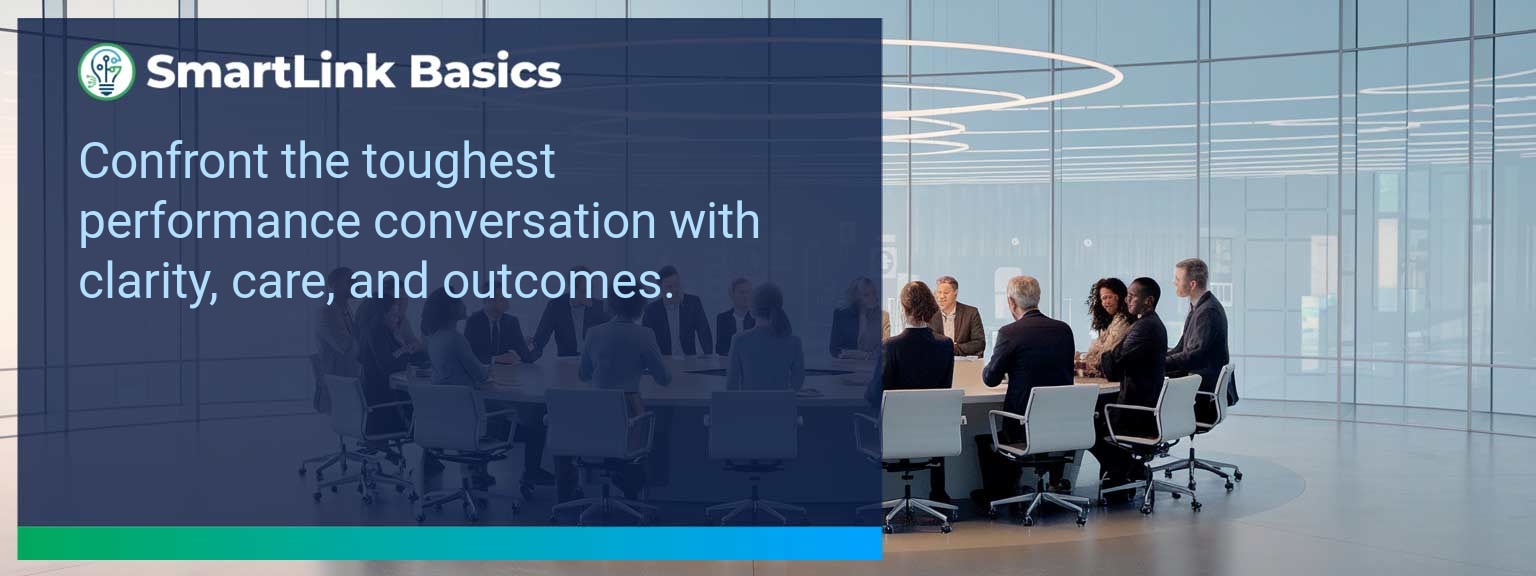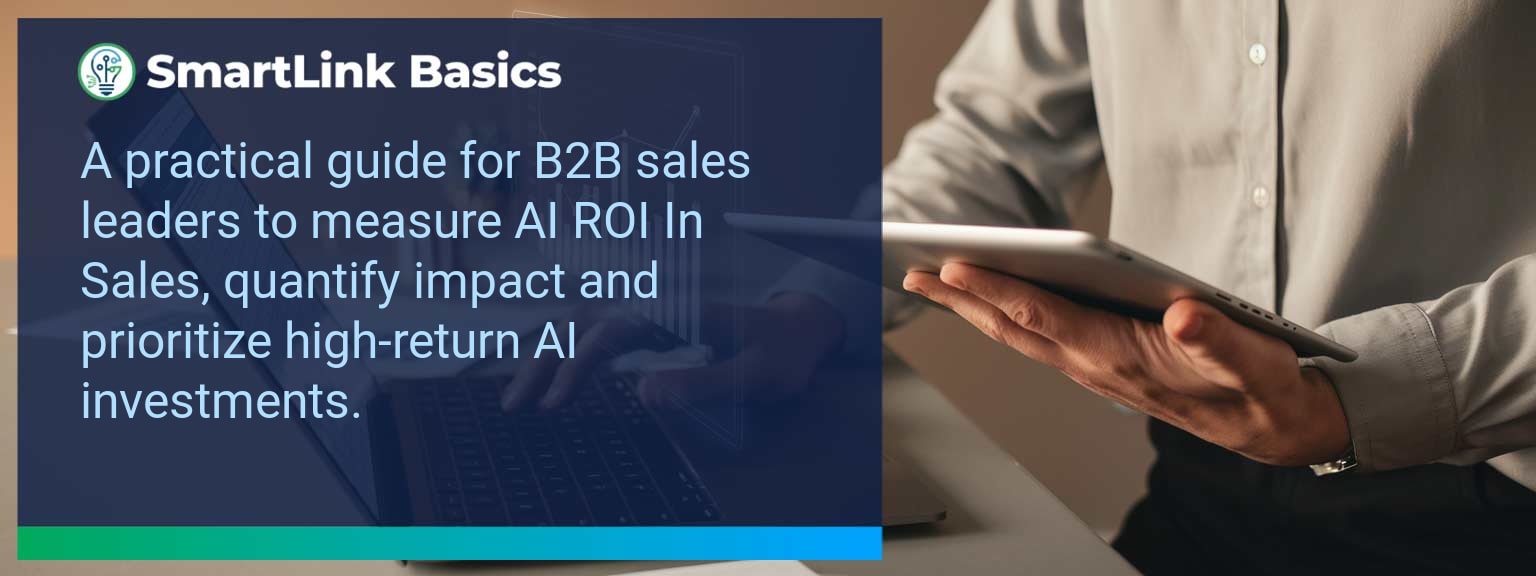Industry data shows that organizations adopting AI-driven automation achieve cost reductions of up to 30% while accelerating sales cycles by 20% or more (McKinsey, 2024). For sales leaders, AI automated workflows now define competitive advantage, enabling teams to reallocate time from repetitive tasks to high-value engagements. At SmartLink Basics, we help decision-makers implement these systems strategically, ensuring they integrate with existing revenue operations. In this article, you’ll see how AI automated workflows power business outcomes, the common obstacles that slow adoption, and practical steps to optimize processes. You’ll walk away with proven examples, a 90-day action blueprint, and measurable KPIs to track results.
- Automate repetitive administrative and CRM updates with AI.
- Integrate machine learning to personalize outreach at scale.
- Streamline approvals, quotes, and contract workflows for speed.
- Use predictive analytics to prioritize sales opportunities.
- Track adoption and performance with targeted metrics.
AI Automated Workflows: What Changed and Why It Matters
AI adoption has shifted from experimental to operational, making automated workflows a standard in high-performing sales organizations. The real advantage lies in combining workflow automation with artificial intelligence workflows to optimize every step of the revenue process. Sales leaders now use AI to synchronize touchpoints, reduce manual inputs, and ensure faster execution. For example, a B2B SaaS leader introduced automated lead enrichment and routing, cutting qualification time by 60%. Actionable insight: Audit processes for time-intensive handoffs and apply AI where repeatability is high.Redesign the Revenue Operating System With AI Automated Workflows
ICP, Segmentation, and Targeting AI-enabled segmentation uses historical wins, firmographic, and behavioral data to dynamically update ICP profiles. This ensures targeting precision without quarterly re-work. Pipeline Architecture Automated workflows push opportunities through the right stages based on engagement signals. AI flags at-risk deals for intervention. Plays and Messaging Integrated automation tools deliver personalized sequences based on buyer activity, increasing relevance at every touchpoint. Operating Cadence AI schedules follow-ups, forecast calls, and account reviews based on actual pipeline movement rather than static calendars. Actionable insight: Implement automation that adapts in real-time to both internal and buyer-driven events.Common Obstacles To Achieving Seamless Automation
The most frequent challenges are fragmented systems, inconsistent data quality, and cultural resistance. Without a unified data layer, automation amplifies errors rather than solving them. Coca-Cola Europacific Partners reported needing a full data governance upgrade before AI could improve sales workflows. Leaders must first assess infrastructure readiness and train teams to trust AI-influenced recommendations. Actionable insight: Before deployment, establish clean data practices and a single source of truth.Implementing AI To Optimize Workflows
Effective deployment of AI process optimization starts with mapping current-state processes, identifying friction points, and matching them with automation tools. For example, automating proposal generation based on CRM opportunity data can reduce turnaround from three days to one hour. Solutions combining business process automation platforms with machine learning integration enable continuous performance improvement. Actionable insight: Pilot in one high-impact stage, measure, and then expand.Tangible Benefits From Automated Processes
The benefits extend beyond time savings — sales leaders gain a scalable system. Tangible outcomes include faster quote-to-close, higher lead conversion, and better forecast accuracy. A manufacturing firm implemented AI-assisted order processing and cut errors by 40%, improving on-time delivery rates. Actionable insight: Track both speed and accuracy to measure workflow automation effectiveness.Metrics That Matter
| Category | Metric | Definition | Target |
|---|---|---|---|
| Leading | Workflow Completion Rate | % of automated sequences executed without manual intervention | 95%+ |
| Leading | AI Suggestion Adoption Rate | % of AI-generated action recommendations executed by reps | 80%+ |
| Lagging | Cycle Time Reduction | Decrease in time from lead entry to closed-won | 20%+ |
| Lagging | Revenue Per Rep | Average sales revenue generated per sales rep per quarter | +15% YoY |
| Quality | Automation Error Rate | % of workflows that trigger incorrect outcomes | <1% |
| Quality | Customer Satisfaction Post-Automation | Average CSAT score after automation implementation | ≥ 4.5/5 |
Innovations And Next Steps For AI Automation
Emerging capabilities like AI-generated playbooks, intent-driven dynamic routing, and integrated AR for virtual product demos are shaping the next wave of sales automation. Companies integrating these tools early will outpace competitors in speed and personalization. Actionable insight: Stay ahead by testing emerging automation features quarterly and aligning them with evolving buyer expectations.Get the 90-day plan, coaching rubric, and dashboard template to operationalize AI in your enablement program.
Turning AI Automation Into a Revenue Multiplier
AI automated workflows are now a strategic lever for predictable, scalable growth. This guide outlined current applications, adoption challenges, a 90-day execution plan, and measurable success criteria. To make automation pay off, sales leaders should integrate tools into one cohesive operating system and review results monthly for continuous improvement. Access more AI-driven sales enablement resources from SmartLink Basics to design a high-performance automation strategy. Strong sales performance requires more than individual achievement; it depends on collective execution within a defined strategy. At SmartLink Basics, we see high-growth organizations achieving consistent sales performance improvement by aligning incentive plans with broader leadership in sales principles. This alignment ensures that while individual targets drive personal accountability, structured collaboration keeps the pipeline healthy across the entire team. This article outlines practical, field-tested sales leadership strategies you can implement to design incentive plans that both elevate sales team motivation and strengthen collaboration. You’ll learn how to set performance goals that drive action, create incentives that reward team-based wins, and establish operational rhythms that sustain momentum over time.- Define clear, measurable sales performance goals aligned with business priorities
- Balance individual and team-based incentive components
- Link rewards to both revenue outcomes and collaboration behaviors
- Use transparent tracking and regular progress reviews
- Adapt incentives periodically to sustain engagement
Common Obstacles In Motivating Sales Teams
Sales leaders often encounter two recurring issues: incentives that drive short-term wins at the expense of pipeline health, and programs that reward top performers without reinforcing team collaboration in sales. Without clarity in sales performance goals, even well-intentioned plans can lead to fractured priorities. For example, a technology firm offered sizable bonuses for closing large deals in Q4. While individual numbers surged, no one focused on early-stage pipeline for the next year. This produced a gap in Q1 revenue. Effective leadership in sales requires aligning rewards with both immediate results and future positioning. Leaders should assess whether their current sales incentive plans create balance between individuality and shared success.Proven Strategies To Drive Sales Success
High-performing organizations build incentive structures on a foundation of revenue architecture that accounts for targeting, pipeline, messaging, and cadence. ICP, Segmentation, and Targeting Ensure incentive weightings reflect strategic account priorities. If expanding in a new vertical, elevate bonus multipliers for wins in that space to drive focus. Pipeline Architecture Incentivize early-stage opportunity creation, not only closed deals. This balances quarterly revenue with long-term health. Plays and Messaging Reward adoption of high-impact sales plays and standardized messaging that are proven to convert. This ensures consistency across the team. Operating Cadence Tie part of variable pay to participation in key collaborative activities such as pipeline reviews or account mapping sessions. This embeds collaboration into measurable performance.Measuring The Positive Impact Of New Approaches
Monitoring incentives requires tracking both leading and lagging indicators. Leading metrics predict sales performance improvement; lagging metrics confirm it. Including quality measures ensures desired behaviors are reinforced.| Category | Metric | Definition | Target |
|---|---|---|---|
| Leading | Opportunities Created | New qualified deals added to pipeline per rep | +15% per quarter |
| Lagging | Revenue Closed | Total value of deals closed in the period | 110% of quota |
| Quality | Collaboration Index | Peer and manager ratings of knowledge sharing and teamwork | 8/10 average score |
Preparing For Sustainable Sales Growth
A sustainable plan factors in market cycles, product shifts, and evolving customer needs. Sales leaders should revisit incentives quarterly, using data from the metrics table to adjust targets and payouts. Long-term sales leadership strategies integrate talent development with incentive performance, ensuring the team grows in capability alongside revenue. Embedding coaching and peer learning into targets is one way to maintain both performance and collaboration momentum.Get the 90-day plan, coaching rubric, and dashboard template to operationalize AI in your enablement program.









